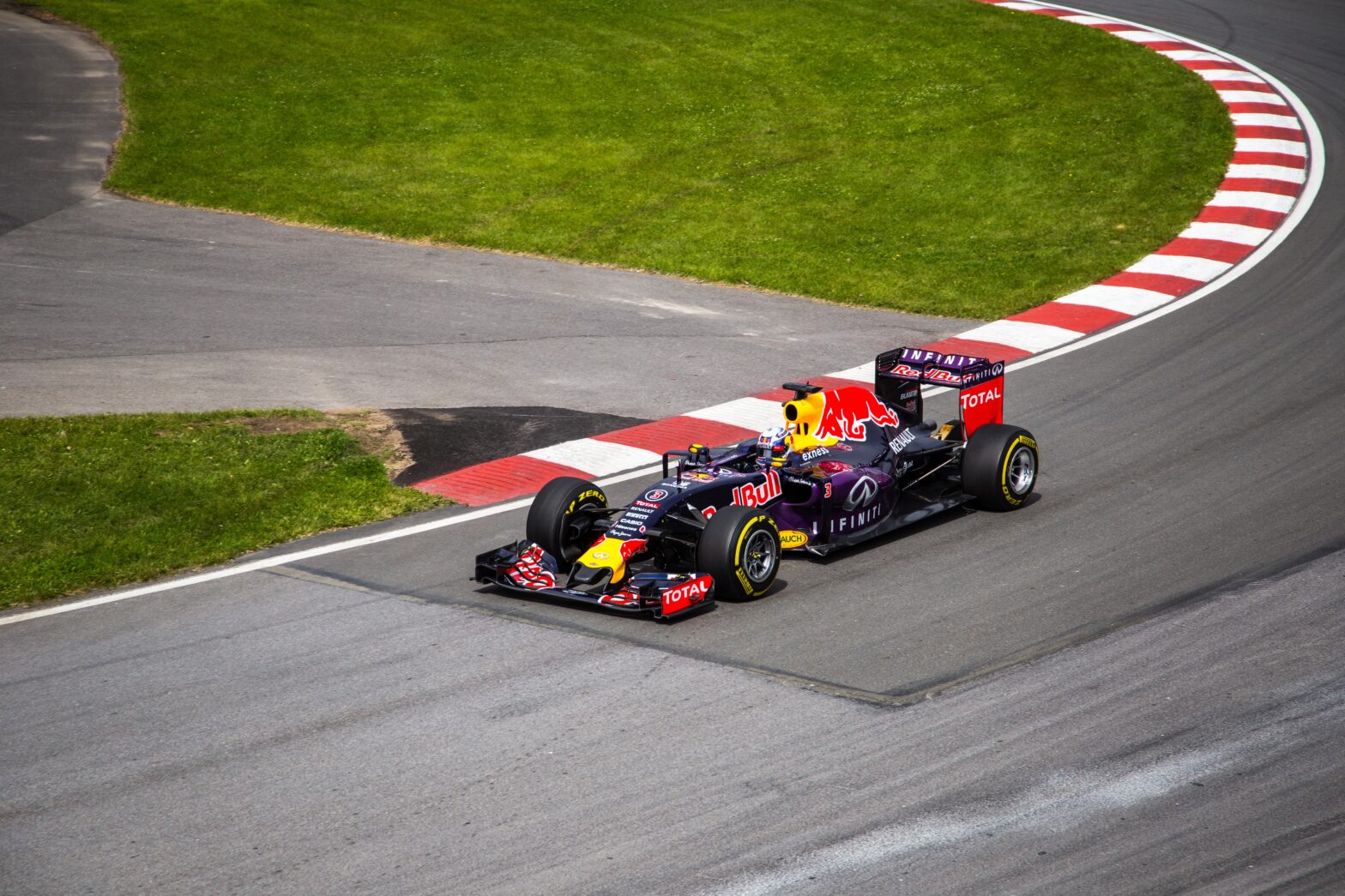18 November 2021
Grand Prix
A great contribution.
By Robert Kilconner
It is impossible not to be excited by Lewis Hamilton’s extraordinary victory over Max Verstappen in Brazil. I know nothing about Formula One. The elaborate technical rules and the continual debate in front of the stewards as to whether they have been broken and, if so, whether a penalty should be exacted, are wholly beyond me and yet even I have become conscious that an epic struggle is taking place between two titans of motor racing and even I will be turning to the back pages to see how the remaining three races of the season pan out.
From the spectator’s point of view, one of the difficulties with much elite sport is its complexity. There are a few sports, rowing and running for example, which are readily comprehensible but in many cases the rules, or indeed, the techniques, make it difficult for the casual observer to understand what is being achieved. Someone who played cricket in their youth needs to study the rules to follow the 20:20 game and even the football fan needs to understand the complex strategies used in the Premier League if they are going to appreciate what is really going on. Back in the 60s the attacking was all done by the forwards, a centre forward in the middle, wingers on the flanks and inside forwards in support; broadly they were marked by defenders, the halves and full backs, but now the backs can also take an attacking role on the wings, something which requires a fitness not usual in the amateur game and adds hugely to the complexity. Who is marking who and when? It is something of a mystery.
But sport at the top level fascinates the public and has an important place in the national psyche. We may not be able to drive like Lewis Hamilton or strike like Harry Kane but we can admire their skill, their athleticism and their drive and even those of us who are not sportsman can draw inspiration from their example and use it in our daily lives. That is why their presence amongst us is good for us. We like them can strive, like them pursue the challenge in Browning’s words: “ Ah, but a man’s reach should exceed his grasp, Or what’s a heaven for” even though our own individual grasps may be modest indeed by their standards.
If exposure to excellence is good for us all, it is particularly beneficial to the younger generation, those in their late teens and early 20s who are maturing into adults, setting attitudes which will be with them for the rest of their lives. For them it is not just the expertise of the top professionals which should inspire them. They need to rub shoulders with friends and colleagues who are more gifted than they are at sport just as they need to associate with those who are more gifted than they are academically. That is why it is healthy for academic institutions to offer sports scholarships and why it is a sad reflection on the UK that rankings take little account of non-academic achievement. If universities are to take pastoral care of those entrusted to them they need to provide an environment in which all forms of endeavour flourish.
You will often hear it said that elite sport is part of the entertainment industry. It has a role there certainly but that is by no means all. It, together with its amateur counterpart, has an important role in the health of society and the way in which we develop as human beings. So when we watched the final races of Formula One as Hamilton and Verstappen battle it out, we should enjoy the spectacle, certainly, we should admire the skill and determination, of course, but in addition we should be grateful for having these and other great athletes in our midst.
tile photo: Jp Valery on Unsplash


